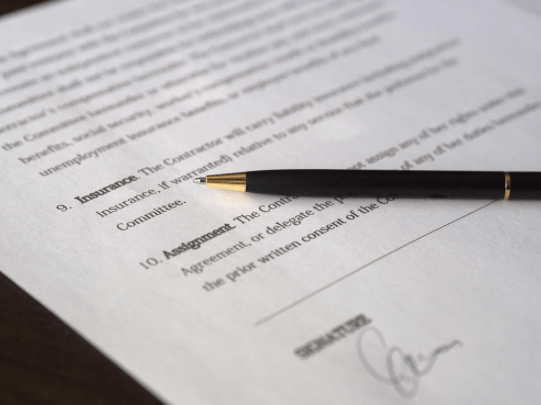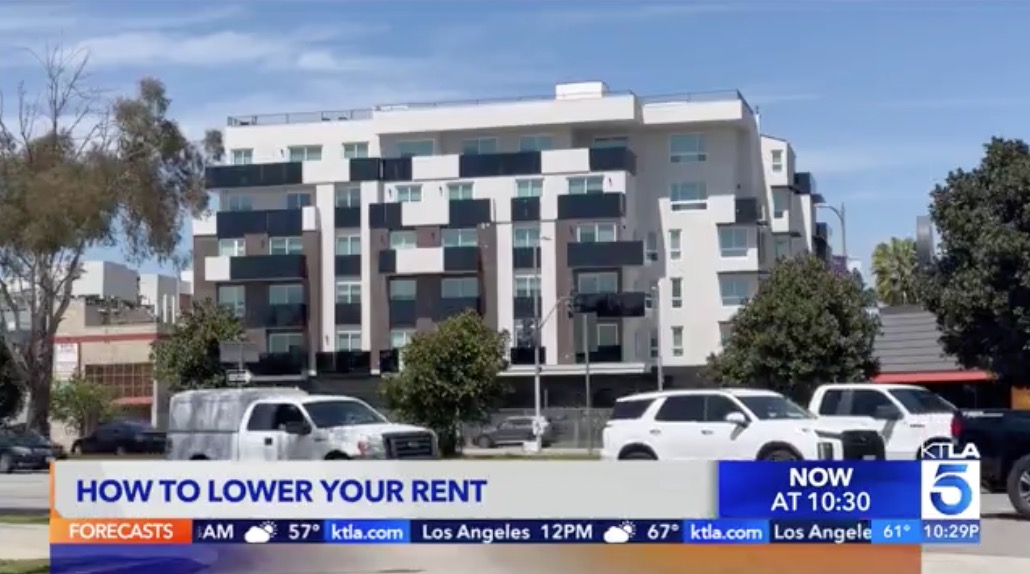Rent abatement is a provision available in many property agreements. It is essentially a rent-free period for the tenant that comes into effect either in the initial months of the lease or if the rental unit becomes uninhabitable due to repairs or maintenance.
Whenever you negotiate a property lease, it is a good idea to check whether you can get a rent abatement. Here is a closer look for residential and commercial property leases.
What is Rent Abatement?
Rent abatement allows you as a tenant to temporarily quit paying rent or pay a lesser amount of rent when your home ceases to be livable. The duration of a rent abatement period depends upon:
- The magnitude of the issue at hand
- The extent to which the house is uninhabitable
- The length of time the problem is present
If you are eligible for rent abatement, you can withhold all or part of your rent without the fear of eviction by your landlord on the grounds of nonpayment.
Understanding Rent Abatement
Rent abatement is applicable in one of the following scenarios:
- During tenant improvements in the initial months of the lease
- As a concession instead of a decreased rental rate
- When you are unable to occupy the house as a tenant due to major property repairs, such as unavailability of heat or hot water
- The house sustains damage due to flood, fire or a natural disaster such as a hurricane
- Forced evacuation due to a government order
- A mold infestation rendering a place unsafe to live in or conduct business
A rent abatement typically applies when a unit or home becomes unusable. Minor damage or repair is unlikely to lead to a rent reduction.
Your landlord may require a reasonable period of time for repair work before rent abatement comes into effect. You may find this information in your lease agreement.
In commercial lease agreements, rent abatement is often even applicable when there is no apparent damage to the property. For instance, if you are a commercial tenant requiring improvements to the unit, your landlord is likely to decide on a period of rent abatement while you get the place in shape.
Forms of Rent Abatement
A rent-free period is not always free in its true sense. There are different types of rent abatement, such as:
Lease Extension
Some tenants and landlords decide on abatements by prolonging the lease long enough to compensate the landlord for the payment they would have received. A few months’ time can be added to the end of the lease to transfer abated rent payments to those months.
For instance, you are unable to pay the rent for three months. In this scenario, your landlord may extend a 36-month lease agreement to a 38-month one to make up for the three months of abated rent.
Repayment Plan
A repayment plan can be implemented if you and your landlord do not want to extend the lease. The abated rent amount is distributed and added in equal installments to your monthly rent during the rest of the term. This helps compensate the landlord for the missed rent payments.
Rent Reduction
You may be able to decide upon an agreement with your landlord where you pay only a part of the monthly rent during a particular period. Once the period ends, you would have to pay the remaining rent owed during the rest of the term.
Security Deposit
A landlord may settle for using your security deposit in turn for a month’s rent. When possible, you would re-deposit the amount.
Rent Abatement Is Not Costly for the Landlord
A rent abatement for a landlord is just like having the same property unoccupied for that period. Even if your landlord decides to grant abatement for a few months, they know they will eventually earn it back by signing a lease agreement with you. Therefore, landlords are often more inclined towards an abatement than larger concessions like paying for tenant improvements.
You May Still Owe Some Money
Even if you are exempted from paying rent when you receive an abatement, you may still be required to make payments each month. For instance, if your utilities are not attached to the lease, you will have to continue paying for them.
In commercial leases, a common area maintenance (CAM) fee is included in the lease for taking care of the costs of repairs and maintenance. In most circumstances, tenants are required to continue making CAM payments during the abatement period.
Don’t Lead With an Abatement Request
When you are negotiating the lease with your landlord, it is best to focus on a favorable agreement rather than an abatement. You can always put forward a request for abatement later on. For example, if your landlord is uneasy about your budget for tenant improvements, you can request a rent abatement equal to the amount of the budget over a period of months.
Rent Abatement Guidelines for Landlord and Tenant
In a commercial lease, rent abatement keeps the landlord-tenant agreement intact until the property is usable again. For complete protection of a property and its belongings, you as a tenant may be required to purchase a combination of:
- Business liability insurance
- Renter’s insurance
- Business interruption insurance
On the other hand, tenants are entitled to livable properties in a residential lease. In the event your landlord fails to make the required repairs or maintain healthy and safe living conditions, you can subtract the cost of repairs from the rent.
A tenant’s right to abate depends upon the condition of the house. Moreover, rent abatement is allowed in every state across the US.
Final Word
Rent abatement is designed to facilitate residential and commercial renters. It helps them receive additional assistance if a property sustains damage and becomes uninhabitable. The period of abatement can range from weeks to months, depending upon the property’s location or the time required to make repairs.
Check out our other incredible blog posts here.
Need a new rental home? Dwellsy is here to help.








